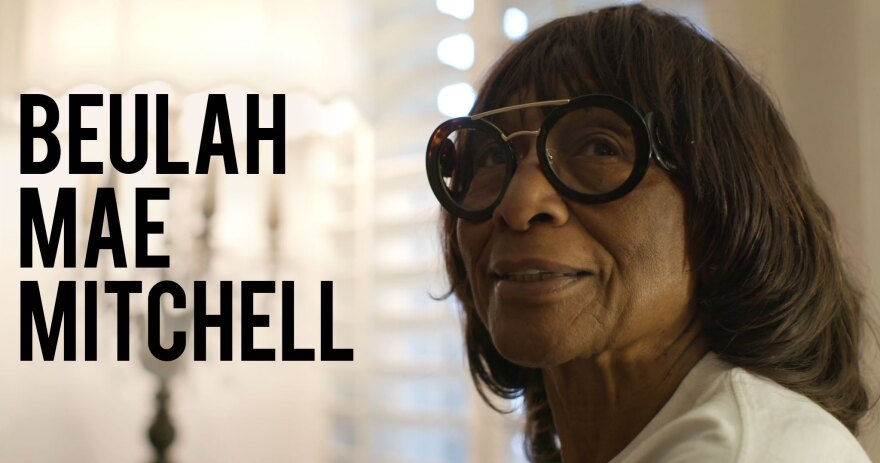When you think of Barbie, what comes to mind?
“When I think of Barbie, I see a little white doll with blue eyes and blonde hair and pink lips and just – in all pink. That’s what I think.”
“I just found Barbie to be unrealistic. Like, I remember thinking, okay, so if Barbie is what I am supposed to grow into being, you know, maybe when I was a grown-up, I would look like that but I knew my mom was a grownup and didn’t look like that. So I was like, trash.”
“Barbie was white. You know? Ken was white. Like, that was what you saw. So I guess when I saw Black Barbie, I was like, oh, they make Black Barbies?”
“Well, in my head, Black Barbie came to be because somebody Black was at Mattel and they were like, wait a minute. Wait a minute. Raised her hand in the meeting. Excuse me. Does anybody see the holes here? This is not right. There’s nobody that looks like me.
“And all the white people at Mattel are like, oh, we never thought about that. I guess that is true. But who’s going to buy that? I don’t know.
“And then the Black person was like, um, I would, and everybody I know will. And people at Mattel are like, mmm, we need a little bit more than that. I don’t know – don’t want to put all this money out for something that isn’t going to sell.
“And it took said Black person to keep telling them of the value that it had and they finally pulled the trigger and, in my head, that’s how it came to be.”
All of those voices, including Gabourey Sidibe, the academy award-nominated film actor, are part of the new documentary film, Black Barbie by Lagueria Davis, which explores the history and impact of Barbie culture through representation and its absence.
Beulah Mae Mitchell was on Mattel’s first production line for Barbie in 1959. She went on to become one of the first Black employees in Mattel’s corporate office, where she became a catalyst for the creation of the first Black Barbie; however, it would be twenty-one years before a melanated doll named Barbie would hit store shelves.

Mitchell’s niece, Lagueria Davis, didn’t learn about her aunt’s role in the history of Black Barbie until she was an adult. While Lagueria didn’t play with dolls as a child, learning about the impact of this particular toy on the psyche of children – who grow up to be adults – was part of her discovery during the making of her documentary, Black Barbie.
Premiering in March of 2023 in the South by Southwest film festival, Black Barbie was chosen for the 2019 Working Films / Cucalorus Works-In-Progress Film Lab. Just four years later, Black Barbie will enjoy a prime spot in the 2023 Cucalorus Film Festival in November.

Filmmaker Lagueria Davis has already earned a handful of screenplay writing awards – including for Maid of Dishonor, a 2016 feature she co-wrote. Four other scripts of hers have placed in the Austin Film Festival Screenplay Competition. And her short film, Light in Dark Places, has landed a streaming deal with Amazon.

Links & Resources:



